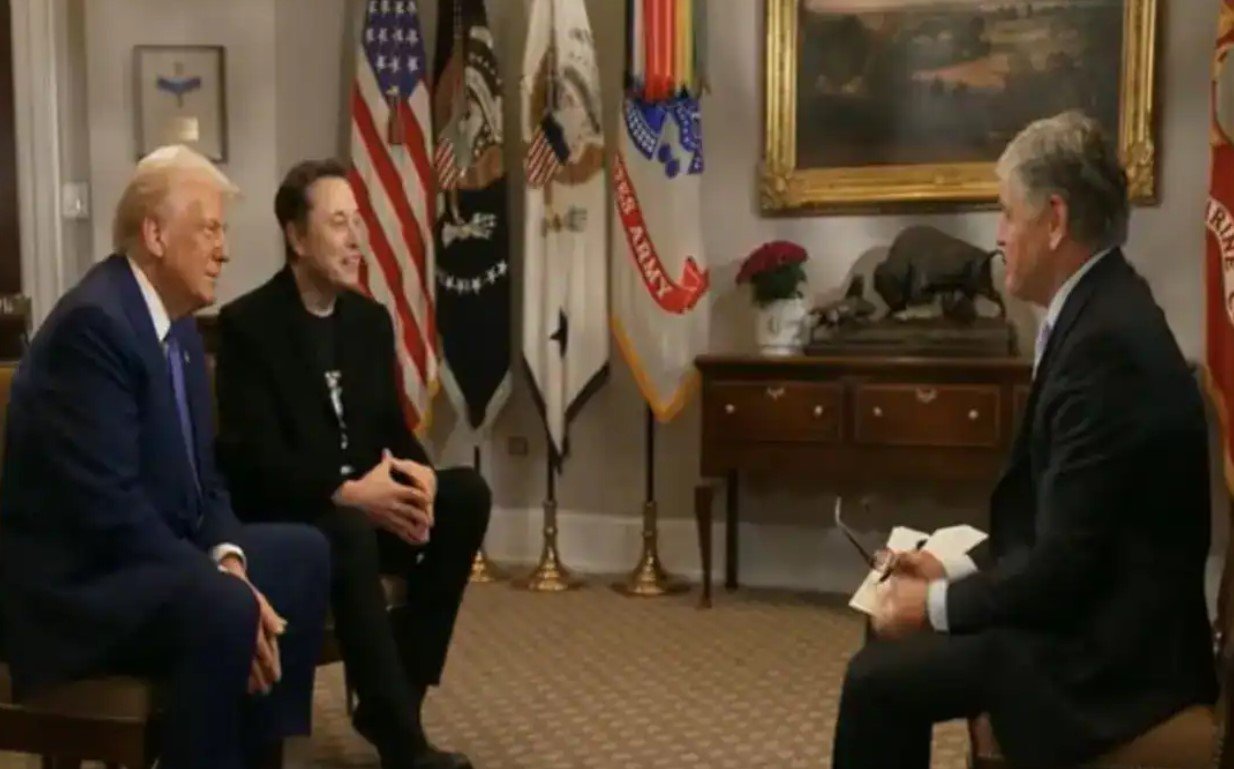Elon Musk has agreed to bring up a bold proposal with U.S. President Donald Trump—using billions saved by the Department of Government Efficiency (DOGE) to issue tax refund checks to Americans. The idea, pitched by Azoria Investment CEO James Fishback, has sparked debate over whether government cost-cutting measures should directly benefit taxpayers.
Musk’s Response to the DOGE Dividend Idea
Musk, who heads the government’s cost-efficiency department, reacted to Fishback’s proposal on X (formerly Twitter) by saying he would “check” with Trump about the possibility. This simple acknowledgment set off waves of speculation about whether the administration would seriously consider the plan.
The proposal suggests that savings from DOGE’s budget-trimming initiatives—reportedly amounting to $55 billion—could be partially redirected as tax refunds. Fishback specifically floated a $5,000 tax refund check per household, calling it a form of accountability for federal inefficiency.
“It’s high time for the federal government to do the same and refund money back to taxpayers given what DOGE has uncovered,” Fishback argued.

What DOGE’s Cost-Cutting Has Revealed
The Department of Government Efficiency was created to root out wasteful spending, and its latest findings claim to have saved $16.6 billion while identifying even more inefficiencies across various federal agencies.
DOGE’s reported savings raise a key question: Should these funds remain within the government for future projects, or be returned to taxpayers?
- $16.6 billion in confirmed savings so far
- $55 billion identified in additional inefficiencies
- Fishback’s proposal would return some of these funds to the public
While Musk did not explicitly endorse the tax refund plan, his willingness to discuss it with Trump suggests that it is at least being considered at high levels.
Could a DOGE Dividend Tax Refund Actually Happen?
Legally, redirecting government savings into direct tax refunds would require congressional approval. Even if Trump supports the idea, lawmakers from both parties would have to sign off on a plan to issue the checks.
Historically, government savings have been redirected in various ways, but a large-scale tax refund funded by a single department’s cost-cutting efforts would be unprecedented.
- In 2001 and 2008, the federal government issued tax rebates as economic stimulus measures.
- In 2020, stimulus checks were issued in response to the COVID-19 pandemic.
- Unlike those instances, the DOGE Dividend proposal is not tied to a recession or economic downturn.
With a presidential election approaching, the proposal could become a campaign talking point—especially as Trump continues to focus on tax cuts and economic policies that appeal to his base.
Public Reaction and Political Implications
The idea of receiving a $5,000 check has obvious appeal to many Americans, but reactions have been mixed. Supporters argue that if the government is saving money by eliminating waste, taxpayers should benefit directly. Critics, however, worry about the precedent this could set and whether the savings would be better spent elsewhere.
On social media, the discussion has been fueled by Musk’s influence. Some have pointed out that his companies—Tesla and SpaceX—have received billions in government subsidies, making his role in promoting fiscal responsibility ironic. Others see it as another example of Musk using his platform to push for policy changes in unexpected ways.
For now, whether the DOGE Dividend tax refund plan gains traction depends on Trump’s response. If he endorses it, the debate over government spending could take a new turn heading into the next election cycle.
































